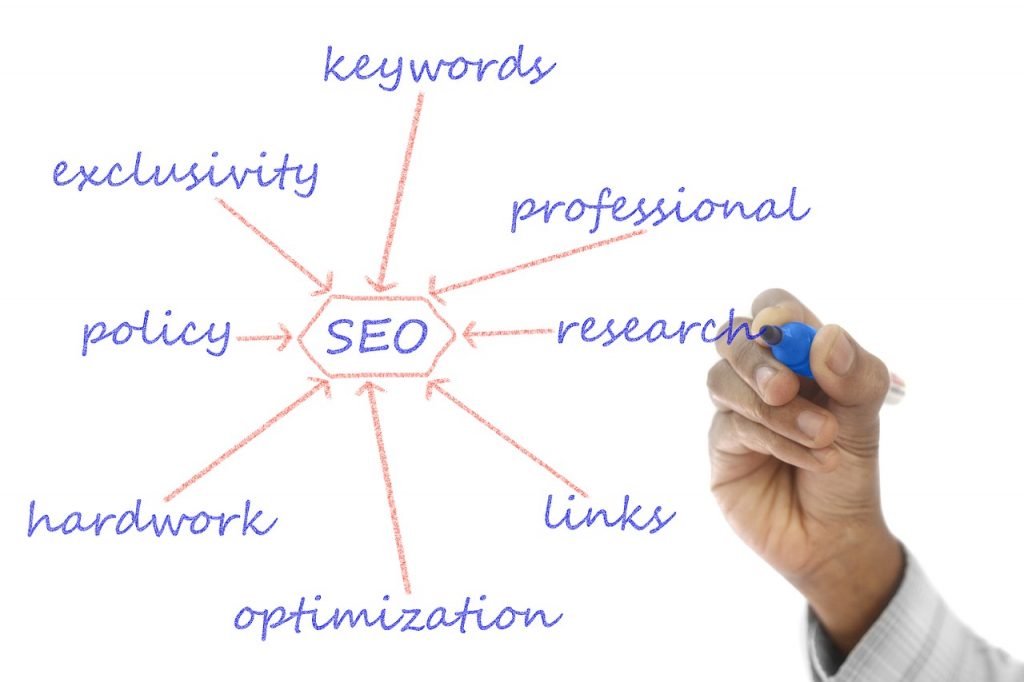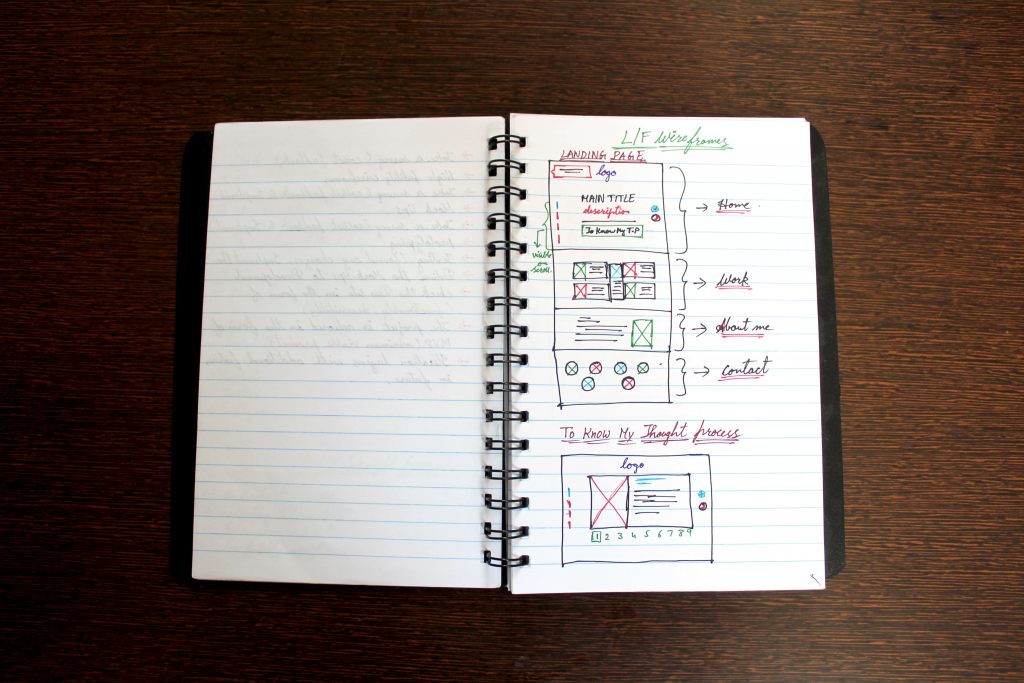Writing modern SEO-optimized texts is not an easy task. In addition to key phrases, content, usability and user benefits are also important
With the advent of new algorithms, websites with texts overflowing with worthless content, spam and texts of low usability got banned from search engines. If we do not want the same fate to befall our texts, we must understand what SEO actually is and what features search engine algorithms value.
In the simplest terms, an SEO text is a material that contains an answer to a consumer query. In recent years, search engine algorithms have been improved so that SEO-optimized content is not just material consisting of keywords. Nowadays it is, first of all, substantive texts with a proper structure, without syntactical, logical and grammatical errors, with a set of correctly typed keywords.
The main purpose of SEO texts is to provide the most accurate and useful answer to the user’s query. Algorithms are getting better at recognizing the material in terms of: uniqueness, usefulness and content of the information provided. And thanks to appropriately selected keywords such text will not remain at the “back” of the Internet.

In practice, it is enough for the text to be unique in 90-95%, in some areas even 80%. Uniqueness is not necessary, for example, in product descriptions in online stores. If the store has hundreds of items, there is no point in rearranging words and changing them into synonyms to get a unique description. High-quality product images, a full list of features and the availability of reviews are much more important.
The content on the page should be useful – “to the point” and without unnecessary embellishments. If you can shorten a sentence, do it. Do not use filler words – bots when scanning the text simply leave them out and do not index them, so as not to clog up the database. An ideal article for SEO should provide users with maximum useful information or content with educational value.
Lack or excess of keywords leads to lower position of the page in search results. Special free or paid programs and generators, e.g. Google AdWords, Keywordtool.io, Ubersuggest, may be helpful in selecting keywords. Remember that keywords must be incorporated into the text naturally and in an unforced manner. The 2021 guidelines allow you to:
Keywords do not have to appear in the first sentence or paragraph. The most important is their presence in the text, but it is worth sticking to a frequency of 1-2 words per 500-700 characters. Do not use keywords in the H1 header. Algorithm will treat it as spam.

In addition to keywords, you need LSI words (semantic keywords), i.e. terminology that reflects the specifics of the topic and helps search engines better understand what it is about. For example, in a text about conditioners, the words “apply,” “rinse,” “silky,” etc., will help the bot understand that it’s about hair conditioner, not flower conditioner. For LSI words, we can help with special programs and generators, such as LSIGraph or niche lab

It is best to divide the text into smaller parts with headings for the user’s convenience – such a division saves time searching for the needed information. Also important are:
A well-written SEO text takes all these elements into account. SEO texts are no longer a collection of key phrases, and copywriting has entered a new level of quality. Gradually, spammy and worthless texts are being removed from the Internet. Companies are evolving towards users and are beginning to understand the right approach to content, and both site owners and visitors are benefiting.
Main image of the article: photo by Myriam Jessier, source: unsplash.com